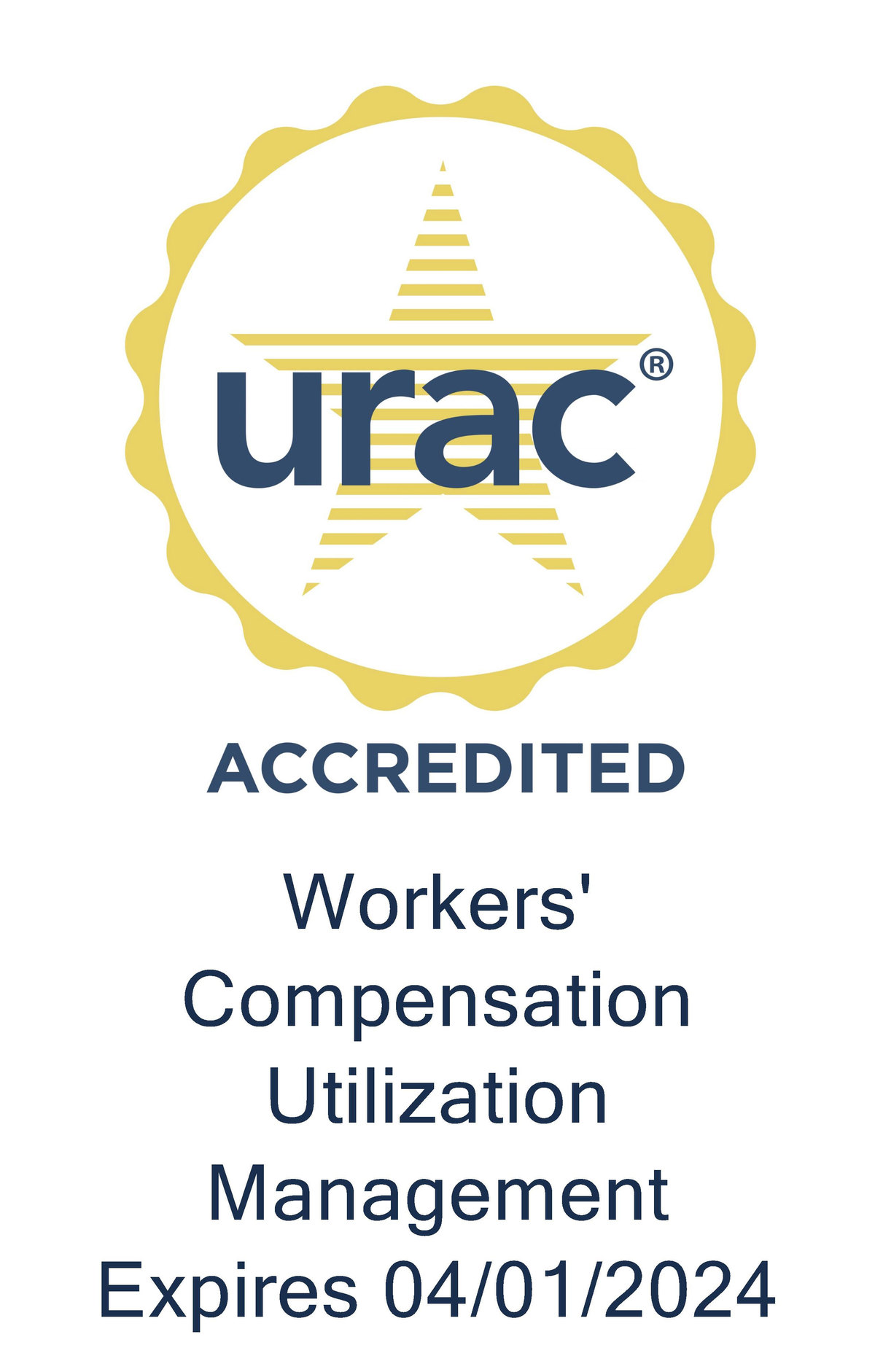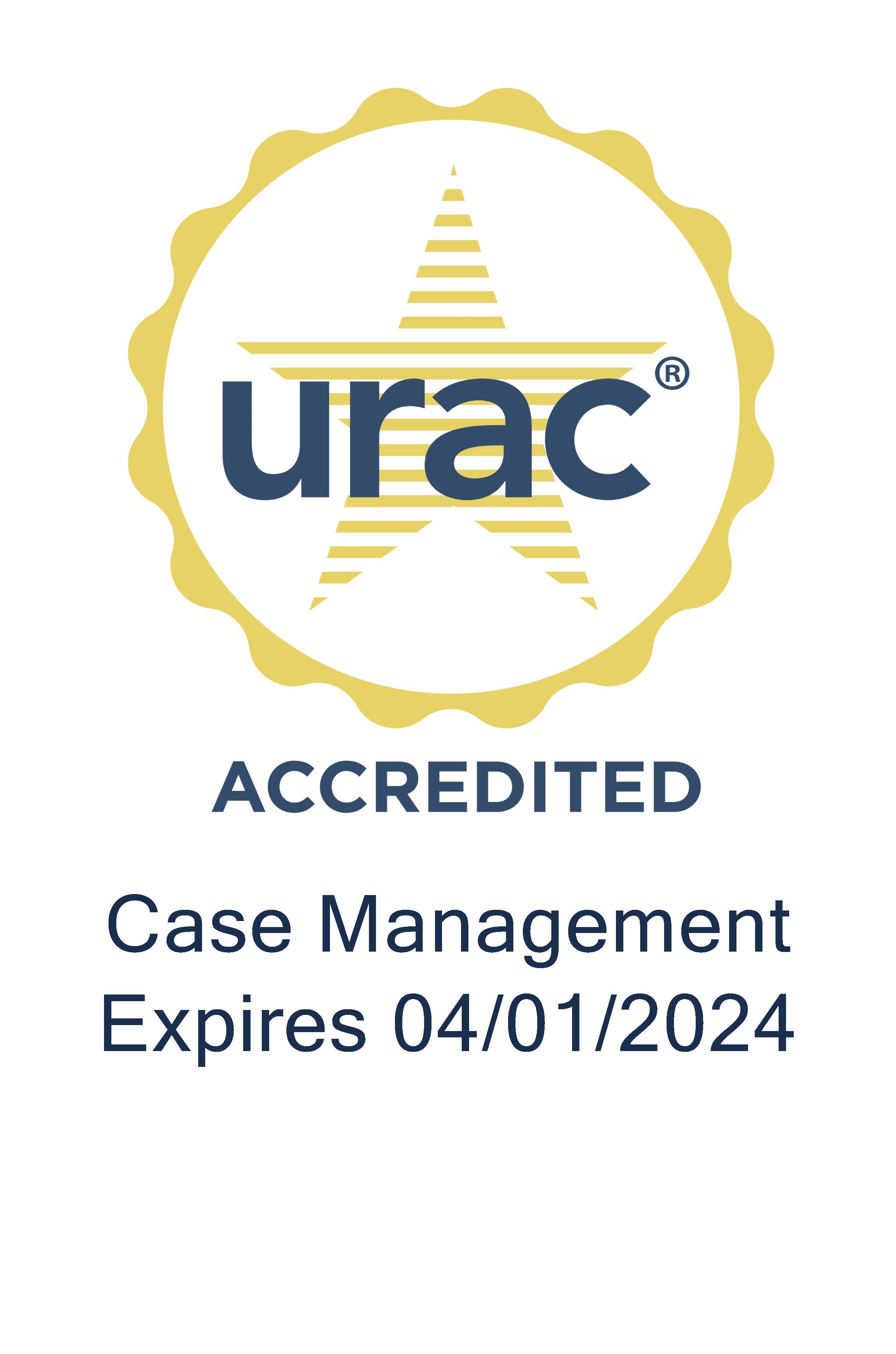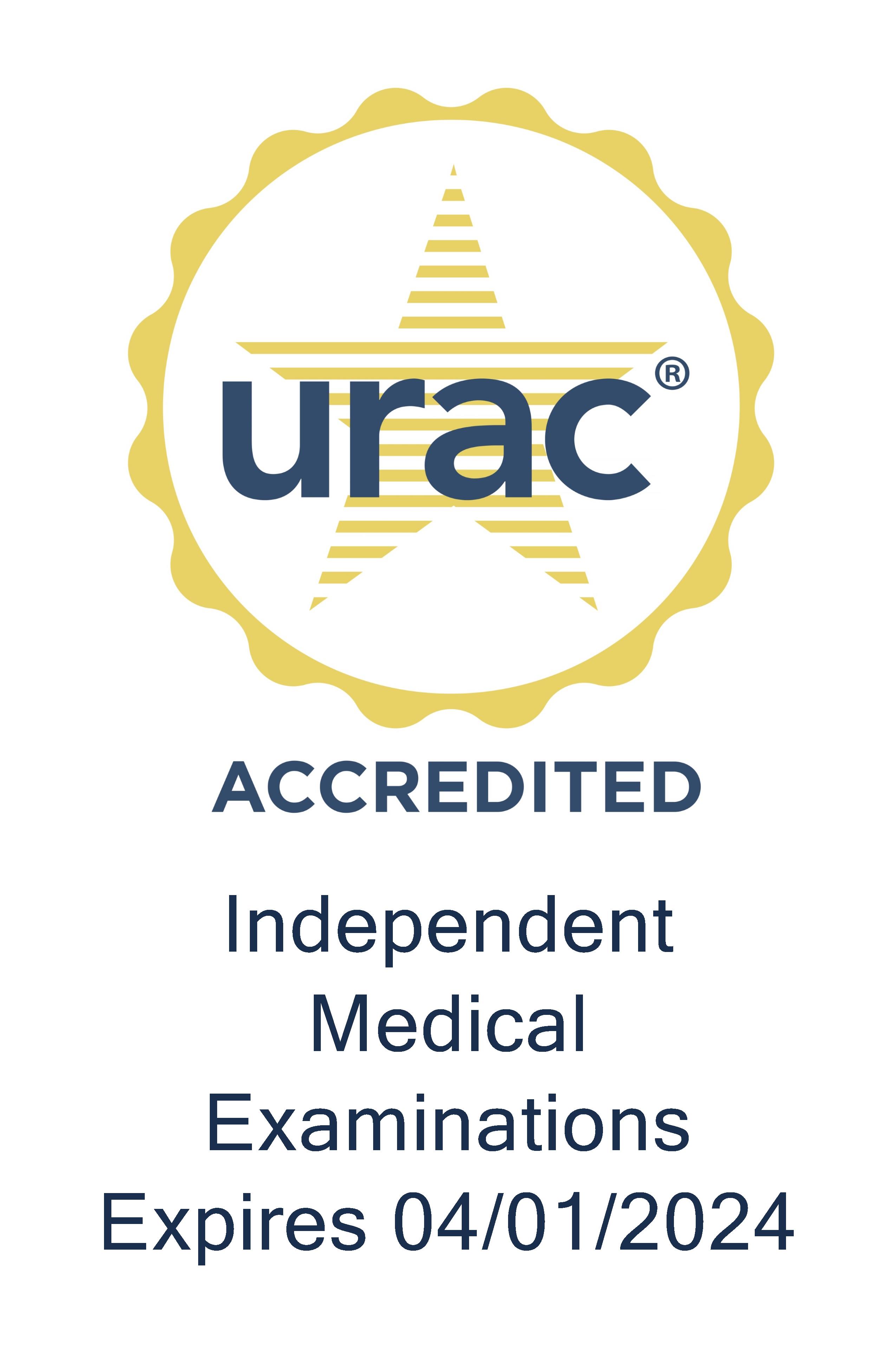Everyone knows nurse case managers play a vital role in reducing costs of workers’ compensation claims by guiding the continuum of care for injured employees. And now some programs are implementing the same approach to help better manage the employee’s medication regimen. At Genex, these professionals are called pharmacy nurse champions, and Bobbie Doyle, director of utilization management, joins us today to explain how they’re making a difference in claims management.
{{ script_embed('wistia', 'xt4d4xfz1f', ', ', 'inline,height=362px,width=640px') }}
Tom Kerr (TK): Bobbie, thanks for joining us today.
Bobbie Doyle (BD): Thank you for having me.
TK: So, let's start off with the basics, what is a pharmacy nurse champion?
BD: So at Genex, we have positions that are known as a pharmacy nurse champions. And they are dedicated telephonic case managers (TCMs) who are specially trained in pharmacy management. So, the pharmacy nurse focuses on claims that are at risk due to medications being prescribed that are not in a drug formulary, prescriptions that could result in potential drug interactions, and, of course, opioid prescriptions. Generally, the pharmacy nurse is a role that is integrated with our PBM partner.
TK: OK, and when does the pharmacy nurse champion come into play in worker's comp claims?
BD: So, the pharmacy nurse champion is typically a role that is identified by our clients. So, they may indicate that because of rising medication costs or a concern among their workforce population of opioid prescriptions, opioid abuse, that they would like to identify a nurse whose sole focus is to manage the medications.
So, usually, that’s in coordination with the PBM so that the nurse can review point‑of‑service alerts that come through the pharmacy vendor and also with some added intelligence from medical review services. And then also, they may look at retrospective alerts as part of their role.
TK: And what are the pharmacy nurses’ primary responsibilities?
BD: So, their primary responsibility is, of course, injured worker safety, so patient safety and education. So, they're going to communicate with the injured worker about prescriptions and if they have any contraindications related to drug interactions, and also the risk of opioid dependence.
So, if that injured worker has been prescribed a narcotic by his or her medical provider, the nurse is going to educate the worker about what the opioid is and the risk related to taking that medication long-term.
They're also going to review medications where there could be triggers or alerts or that have a morphine‑equivalent dose greater than 90 mg, or medications that perhaps are not in the formulary.
And with that information, they’re going to communicate with the medical provider to make sure that, first of all, the medication is medically appropriate and that a weaning plan is in place if it is a narcotic that's being prescribed.
TK: How does the pharmacy nurse champion impact the workers’ comp claim?
BD: Well, they certainly impact the claim in a variety of ways. I think primarily it’s a wonderful resource for the injured worker to have that individual looking out for them with regard to safety and education.
But also from the claim perspective, there’s going to be greater compliance with the medication usage. They’re going to drive down medication costs in taking that very close look at all the medications that are being utilized which, hopefully, results in a reduction in the overall claim duration and cost as well.
TK: Is the pharmacy nurse champion an additional professional added to a case, or is this role wrapped up in a nurse case manager's job?
BD: So, that's a great question. It can be one or both. Some of our programs we have nurses. Oftentimes, they're dedicated to a program where the telephonic nurses are also managing medications for the cases that they're actively working on.
So, if they have prescription requests that come through or medication safety alerts on the cases that they're managing, they're going to follow the same protocol to engage with the prescribing provider, to provide that outreach to the injured worker, and so on.
In addition, sometimes there will be a dedicated resource who’s the pharmacy nurse champion. And that is when it's integrated with the PBM and when the nurse is looking at point‑of‑service alerts. So, they're actually on the front end of the prescription request, reviewing it for medical necessity.
If it is medically appropriate, they can go into the portal of the PBM provider and provide the authorization at that point. And, also then on the back end, they're working through the medication safety process and communicating with the medical provider, looking at any retrospective alerts that are on unmanaged cases.
So, if there's not already a TCM or a field case management nurse assigned, they're going to take an active role in being the PBM nurse champion for that. But the big differentiator is the PBM integration and the point‑of‑service component versus a retrospective look at the medications that are being prescribed.
TK: So how did the role of the pharmacy nurse champion develop? Was it the opioid crisis, or was it something else related to pharmacy management?
BD: Yeah, I think it was definitely brought about by the opioid crisis that happened a few years ago. And also, what we were seeing in the industry was a rising trend in prescription drug costs. So, essentially, data from a year or two ago that we have show that 19 percent of the total work comp spend was related to prescription drugs. And opioids accounted for an average of 25 percent of that pharmacy spend. So there needed to be some things put into place to help control that. And that is how the pharmacy nurse program was born, probably about, at least with my client base, around 2016.
TK: And what are some of the challenges pharmacy nurse champions face when handling a claim?
BD: I think the most significant challenge is for states in which the medical providers can actually dispense medication from their offices. And so, controlling or curtailing those medical providers, and if [the nurse champions] see abuse of that, can be some of the more challenging cases. And, of course, where states have looser regulations in place with regard to formularies, or don't have formularies, and have looser regulations around opioid medication can be a challenge.
TK: And that's one of the things I was wondering about. Can the provider just override, any of the recommendations that the nurse champion has made?
BD: That’s a great question. So, part of what the pharmacy nurse champion is going to do is utilize some of the other resources available. So, in states that have more challenging regulations that make it harder for the nurse to impact the perhaps over‑usage of medications that are not medically appropriate, he or she can then collaborate with the insurance adjuster to discuss a plan of possibly using a peer‑to‑peer review for a chronic pain intervention (CPI).
And that's when we refer out to our CPI services so a physician within the same scope of practice makes contact with the prescribing physician to talk about why they're prescribing a certain med and what their plan is for that. Do they have a weaning contract or foresee any other scenarios that are contrary to that medication being prescribed? So, they use that.
And then also, in some states, where applicable, they can use a DUR, which is a drug utilization review. So, again, the nurse would communicate with the insurance adjuster and ask for authorization to proceed with that additional service to escalate the request to utilization review for perhaps a non‑certification around that for future use.
TK: And, where states have formularies or have adopted new formularies, are there situations where the champion nurse helps educate the provider on regulations and things like that?
BD: Absolutely. So, nurses utilize different information that are within our case management platform, and they pull those letters to help provide additional information, whether it be to the injured worker or to the prescribing physician. And they can add whatever necessary information about the formulary or other educational resources to help facilitate that situation.
And, hopefully, the nurses will be dealing with prescribing physicians who are open to listening and educating themselves about these issues, because it is ever‑changing. The latest formularies is something that the nurses have to keep abreast of as well as the latest regulations. And always at Genex, we keep that information at their fingertips in the resources category of the case management platform so it’s easily accessible.
TK: What type of results have you found, since you started implementing the pharmacy nurse champions?
BD: One of our large insurance carrier clients in the East has utilized a pharmacy nurse champion now for about three years. And since the inception of this role, their total pharmaceutical payments decreased by 24 percent over the last two years, and their narcotics payments decreased by nearly 30 percent in the same time frame. So those were really significant results that we saw when we initiated the pharmacy nurse champion in that program.
TK: Thanks, Bobbie, for showing us yet another way nurses are impacting workers’ comp claims. Inside Workers’ Comp will back in a couple weeks covering another hot industry topic. Until then, thanks for listening.






